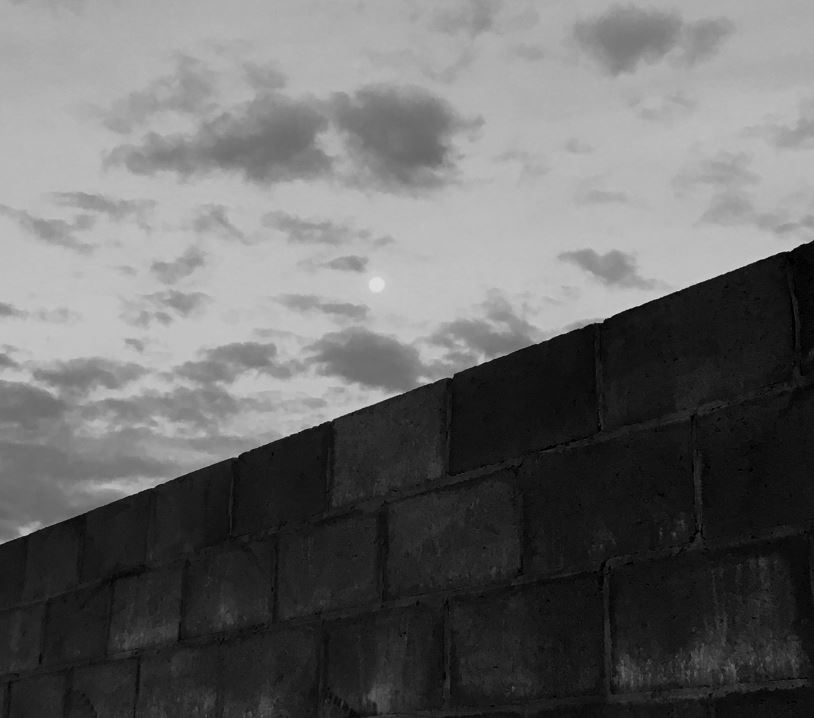“It is a rough road that leads to the heights of greatness.” – Moral (Clone Wars: Storm Over Ryloth)
To err is to human to forgive is divine. But are you accountable for your mistakes? Do you inspire people or do you let your ego lay blame elsewhere?
The Human Condition
Today there is an accountability crisis. People avoid being held accountable for their actions. When they do or say something wrong, they avoid taking ownership. Blame is allocated elsewhere. Fault can always be assigned. The status of “victim” or a person’s identity can be used to excuse the behaviour or justify it.
We live in a world where the consequence for bad behaviour and poor performance are routinely avoided, argued away, and dismissed.
This should not be the way. When a mistake is made, we should owe up to it and commit to doing better. If at fault, we should accept it and the consequences that it carries. We should learn from our mistake and use it to avoid a repeat. You can own your feeling and mistakes.
“In the end, cowards are those who follow the dark side.” – Yoda
You are not a Mistake
No one is perfect. At times everyone thinks, says, and acts in ways that they are ashamed of or regret. By being accountable we learn to accept that we are only human and have the right to make mistakes and learn from them. We learn that we made mistakes, we are not a mistake.
By making mistakes we build a value system from an early age. We earn our place in the family unit, social group, community, and society by being accountable. Being accountable is to be a social creature made to work with others, a human being.
“You are responsible, Ahsoka. These men are depending on you, and this time, so am I” – Anakin
Making Amends
Alcoholics have an accountability problem. Everyone knows this. It came with the territory. The last person an alcoholic will blame for the mess they have created is themselves. The act of choosing to drink is a failure of accountability because we know where the drink leads. Money that was needed for food is spent on booze, time better spent elsewhere is lost in a bar. We disappoint and hurt family, close friends, associates, employers and partners.
Through alcoholism we leave a trail of broken hearts and dreams behind us. We fail to acknowledge the harm we have caused to others and to ourselves. Facing reality we seek someone else to blame, a scapegoat but deep inside we know we are the cause of our problems.
Recovery is futile without taking action to make amends for the harm we have caused others. Without accepting accountability for our faults and mistakes we leave a dark shadow on our soul and eventually we return to drink.
“If you make decisions out of fear you are more likely to be wrong” – Ahsoka Tano
Owning it
So why is it so hard for so many people today to face mistakes, own feelings, admit wrong, apologise to others, and make amends? It all boils down to ego and personal values. The Jedi and Sith provide a analogy:
A Jedi is fundamentally different from a Sith in that she will always be accountable for her conduct. This is because a Jedi is self-reliant, self-assured, and grounded enough to know that shirking accountability and blaming others betrays their inner system of values. Most of all it hurts others as well as themselves.
A Jedi is gracious enough to quickly admit a mistake, seek to make amends and resolve not to do it again. A strong sense of self and self-discipline will help turn out thoughts of denial, blame, resentment, and self-pity.
A Sith by comparison is a narcissist who is unable to show and feel empathy. They display a grandiose disregard for others and care only for themselves. A Sith is never at fault, other people are the problem, not they. Mistakes are never made unless they are caused by others. Blame is always deflected. Where a Sith perceives a wrong done, he will seek restitution or revenge.
Being narcissistic, a Sith personality will fly into rage and will bully, threaten, and accuse others of wrong. The Sith relish in the failings of others and use it to prop their egos up.
The Sith, like narcissists everywhere are weak and fragile self-loathing people who hide their true selves by projecting their faults on to others. They instil fear, anxiety, and self-doubt in other people so that they can maintain a level of control. The chaos and insecurity they create is debilitating to those around them.
“You don’t have to carry a sword to be powerful. Some leaders’ strength is inspiring greatness in others.” – Ahsoka Tano
Own it or be Owned
There is a Jedi in all of us and there is also a little bit of the Sith. The next time you find yourself on shaky ground after an emotional outburst or a mistake will you own it, or will you be like a Sith and refuse to take the blame?
Will you work on being accountable and set an example to others and make amends?
Will you inspire fear or greatness? Do you let your ego or humility step forward?
That is your choice.



